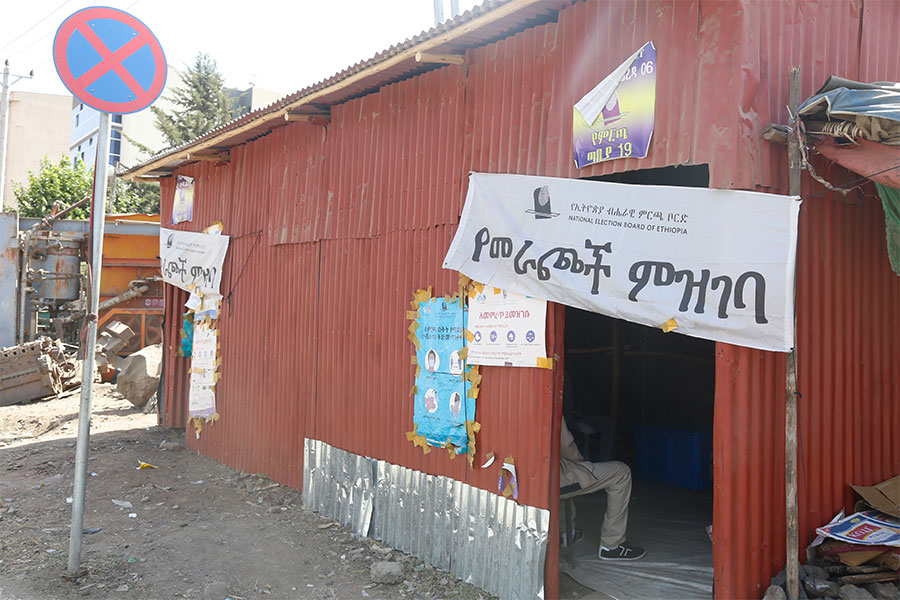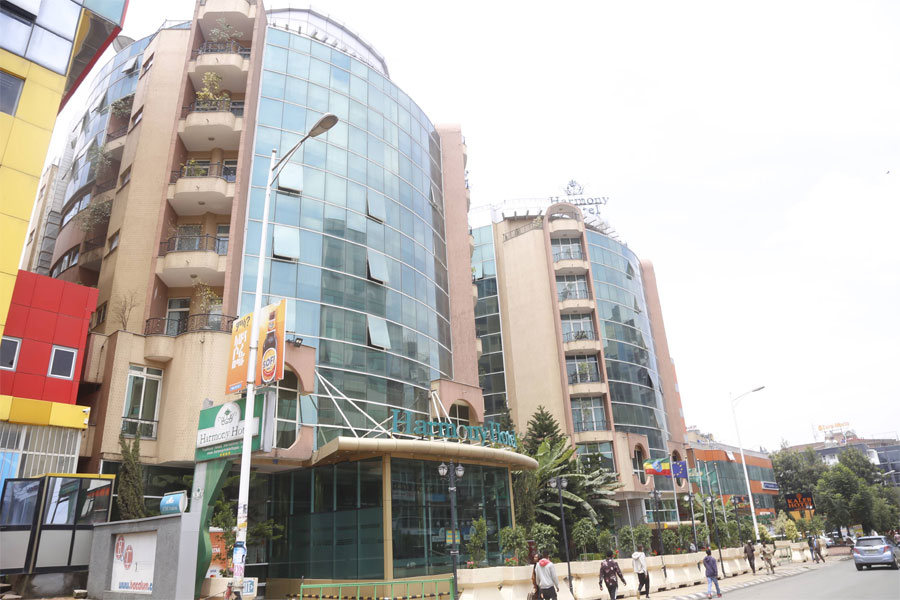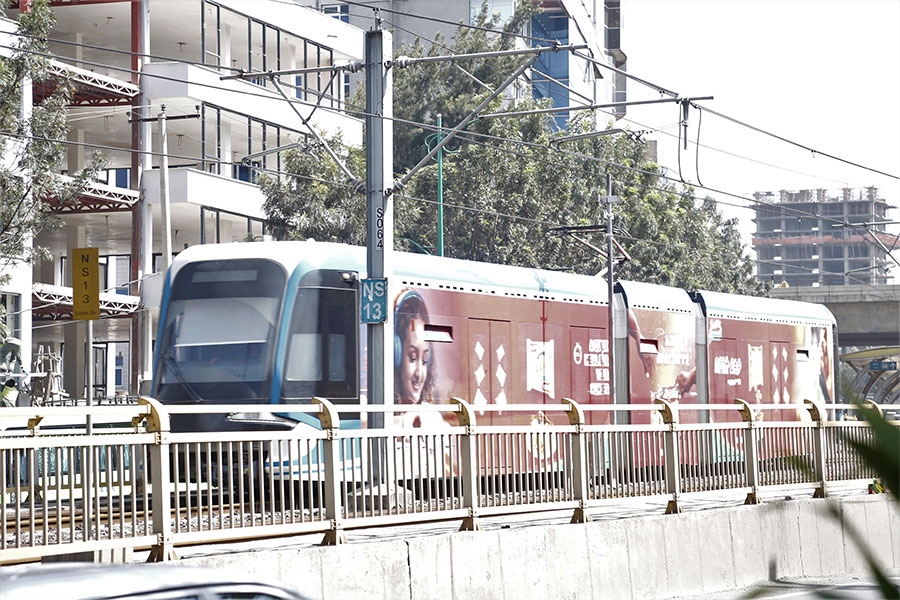
The National Veterinary Institute is ready to begin production of animal pharmaceuticals at a plant in Bishoftu (Debre Zeit).
The institute has been upgrading the existing plant that manufactures vaccines with an investment of 100 million Br. The plant, which sits on 1,500Sqm of land, will start production in two months.
When it becomes fully operational, the institute will be able to satisfy 15pc of domestic demand and create jobs for 62 people. Animal antibiotic and anti-parasite drugs in 12 tablet types will be produced at the plant that has been under construction since 2016. The machinery was imported from India at a cost of 70 million Br, and Indian firm Fabtech Technologies International Limited installed the machines, while the institute carried out the civil work.
“We would be already producing if it wasn’t for power shortages,” said Awel Abduljebar, communications officer of the Institute. “We have been facing similar problems for the past two years.”
As a result of power shortages, the institute lost 10 million Br in fuel costs and five million Birr in expired vaccines, according to Matewos Mena, the institute's engineering & maintenance director.
Importers of animal drugs are hopeful that the institute’s investment will help their businesses.
“The construction of the plant will ease supply problems and save the lives of many animals,” said Hailu Meles (DVM), manager of GASCO Trading Plc, which imports animal drugs. “It will also reduce the contraband trade in drugs that were not previously in sufficient supply.”
Gasco is one of the 69 veterinary medicine and equipment importers in Ethiopia. There are as well 48 wholesalers and 219 retailers of animal drugs.
The institute, established almost a decade ago under the former Ministry of Agriculture with the technical assistance of the French Government, has the vaccine production capacity of close to 200 million doses a year. This has risen from four million doses a year in its earlier years.
Currently, the institute is producing 22 types of animal vaccines with a target of reaching an annual production capability of 365.34 million doses by 2020.
Dinka Ayana (DVM), dean of veterinary medicine & agriculture at Addis Abeba University, lauds the institute for the new investment it made.
"The new factory will save the country's foreign currency reserves and make animal drugs in the market cheaper," he said. “It will also reduce the contraband trade in animal drugs, many of which have no expiry dates and are not stored properly when being transported.”
PUBLISHED ON
Jan 12,2019 [ VOL
19 , NO
976]

Fortune News | Apr 17,2021

Agenda | Jul 31,2021

Radar | Jul 11,2021

Radar | Jul 13,2025

Radar | Dec 19,2021

Fortune News | Jan 18,2020

Radar | Sep 10,2021

Exclusive Interviews | Jan 05,2020

Radar | May 21,2022

Featured | Oct 16,2021

Dec 22 , 2024 . By TIZITA SHEWAFERAW
Charged with transforming colossal state-owned enterprises into modern and competitiv...

Aug 18 , 2024 . By AKSAH ITALO
Although predictable Yonas Zerihun's job in the ride-hailing service is not immune to...

Jul 28 , 2024 . By TIZITA SHEWAFERAW
Unhabitual, perhaps too many, Samuel Gebreyohannes, 38, used to occasionally enjoy a couple of beers at breakfast. However, he recently swit...

Jul 13 , 2024 . By AKSAH ITALO
Investors who rely on tractors, trucks, and field vehicles for commuting, transporting commodities, and f...

Oct 11 , 2025
Ladislas Farago, a roving Associated Press (AP) correspondent, arrived in Ethiopia in...

Oct 4 , 2025
Eyob Tekalegn (PhD) had been in the Governor's chair for only weeks when, on Septembe...

Sep 27 , 2025
Four years into an experiment with “shock therapy” in education, the national moo...

Sep 20 , 2025
Getachew Reda's return to the national stage was always going to stir attention. Once...